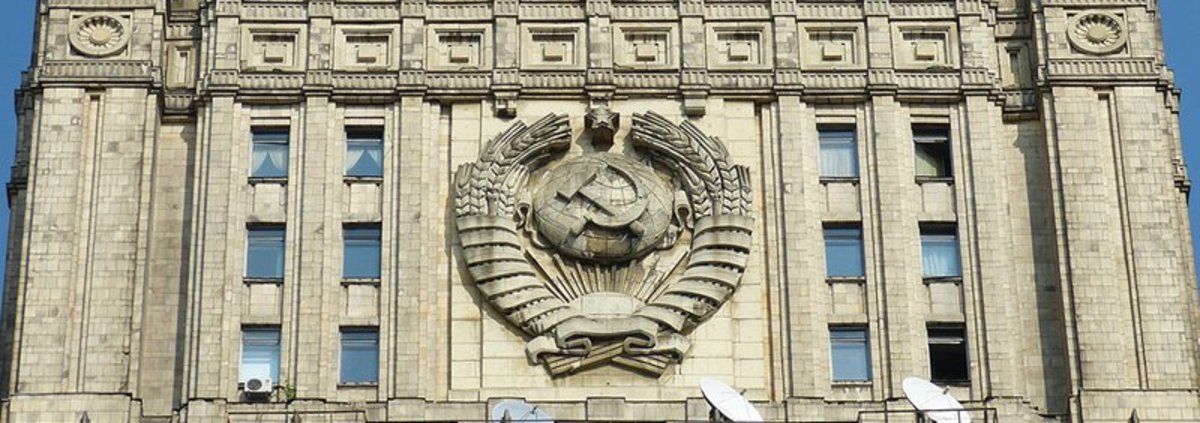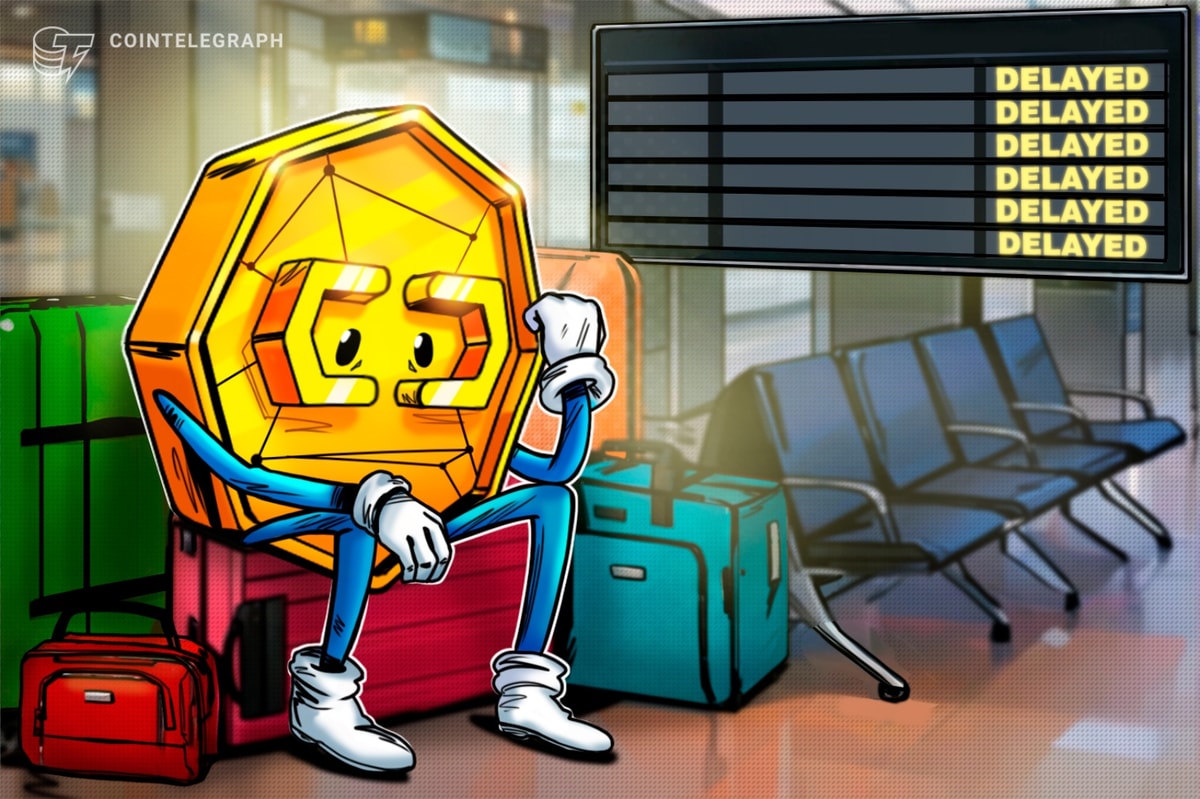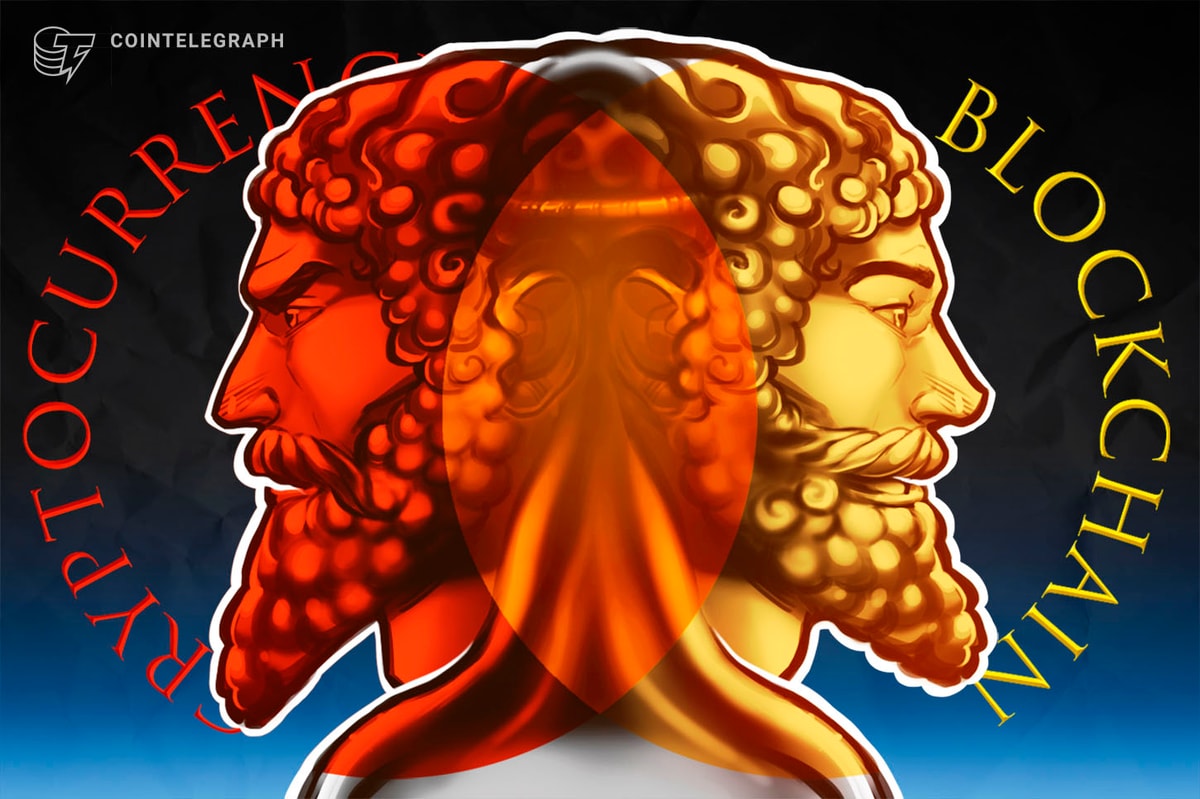
Interest in bitcoin and blockchain technology by business and governments around the world increased in the past months. However, many governments have yet to take an official stance on digital currencies while some have placed restrictions or regulations on the use of Bitcoin. Russia was one of these countries, as it blocked access to websites with information about Bitcoin.
The ban was implemented by the City Court Nevyansk on the basis that these sites contained information which was prohibited in the Russian Federation. The ban began on January 13th 2015 and included access to the following sites:
- Bitcoin.org
- Indacoin.com
- Coinspot.ru
- Hasbitcoin.ru
- Bitcoinconf.ru
- Bitcoin.it
- BTCsec.com
However, on May 15th, 2015, a Sverdlovsk Regional Court overturned a ruling from City Court Nevyansk about blocking sites with information about digital currencies.
Bitcoin Magazine spoke with Ivan Tikhonov, the owner of BTCsec.com to gather more information about this court decision. Ivan learned about Bitcoin in 2011, and at that time, there was virtually no information on Bitcoin sites in Russian. Seeing an opportunity, Ivan launched BTCsec.com.
“The decision of the court Nevyansk about the blocks was canceled because it clearly violates the laws of Russia,” said Tikhonov.
In August of 2014, the Russian Minister of Finance Alexei Moiseev announced proposals to ban the issuance of bitcoin and any operations related to cryptocurrency in the spring of 2015. The announcement prompted several bitcoin and digital currency companies operating in Russia to exclude the Russian market from their business operations. With the overturn of this ban, entrepreneurs are like Tikhonov are optimistic. “This is good. Now there is a chance that people will be able to obtain objective information. We will be able to legally work these technologies,” said Tikhonov.
Speaking about public perception of bitcoin in Russia, he added, “There are those who are well aware of what is Bitcoin and refer to it well. Those who do not know, consider it a pyramid or a Ponzi scheme.” The recent court decision will help inform people about the true value of digital currencies without fear of violating any laws. “I believe that Bitcoin and other decentralized modern technology can improve our lives. At least, cheaper remittances replace outdated accounting systems and provide new business opportunities,” he said.
As bitcoin gains international recognition, more governments will be forced to take an official stance on bitcoin. Will governments see digital currency as a threat or as an opportunity for their country to create value in a new, burgeoning industry? Only time will tell.










